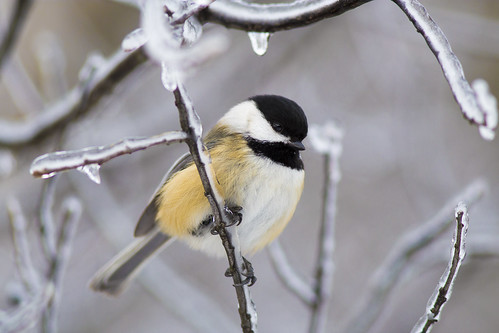Welcome to Word Buzz Wednesday, in which we round up our favorite buzzworthy words of the week. The latest: an explosive Japanese buzzword; another kind of name calling; and a different kind of bird call.
allochtoon
“Growing up in Belgium, they had internalized the label: once an allochtoon, always an allochtoon.”
Chika Unigwe, “The Near-Impossibility of Assimilation in Belgium,” The New York Times, November 25, 2015
The term allochtoon translates from Flemish as “originating from another country.” Those who aren’t considered traditionally Belgian — in other words, non-whites — are referred to as such, even if they were born in the country.
bakugai
“The Japanese aren’t alone in experiencing bakugai, even if they’re unique in calling it that. Along with Japan, Europe is a major destination for Chinese shoppers.”
Steve Mollman, “Japan’s buzzword of the year means ‘an explosive shopping spree by the Chinese,’” Quartz, December 1, 2015
Bakugai translates from Japanese as “buying explosion,” and refers specifically to the “explosive shopping sprees carried about by Chinese tourists,” says Quartz. This is due in part to the rapidly expanding Chinese middle class.
Other 2015 Japanese buzzwords include Goromaru pose, a rugby’s star pre-kick signature stance, and doron, the Japanification of “drone.”
deadnaming
“Calling someone by their rejected birth name is termed ‘deadnaming’.”
Avinash Chak, “Beyond ‘he’ and ‘she’: The rise of non-binary pronouns,” BBC, December 7, 2015
Considered disrespectful, deadnaming refers specifically to transgendered people who have changed their names. Even after revealing her true name, some media outlets continued to call Caitlyn Jenner by her “dead name,” Bruce.
hybrid swarm
“Most biologists believed that hybridization in nature primarily resulted from human interference, when people remove a barrier between two closely related species, leading to a ‘hybrid swarm’ that obliterates the distinctiveness of one or both types of animal.”
Ben Crair, “What’s a Species, Anyway?” New Republic, December 6, 2015
The human interference in this case was the shooting of red wolves by ranchers, says New Republic, which lead to vastly depleted numbers in the population. The more wily coyotes survived and “encountered the last surviving red wolves, whose numbers were so depleted that they took the coyotes as their mates,” resulting in hybridized creatures that “bore little resemblance” to their fearsome parental predators.
pishing
“The difference between pishing and birdcalling might seem slight, until you hear them in action.”
Andy Wright, “How to Be a Bird Pick-Up Artist,” Atlas Obscura, December 1, 2015
Pishing, unlike bird-calling which involves imitating specific birds, is a more general “scolding call,” says Atlas Obscura. The sound is rapid and high-pitched, like “a mix between a sprinkler going off and a tire leaking.” The word is imitative.
Pish is also used to express disdain, and has been in use since at least the late 16th century, says the Oxford English Dictionary.
